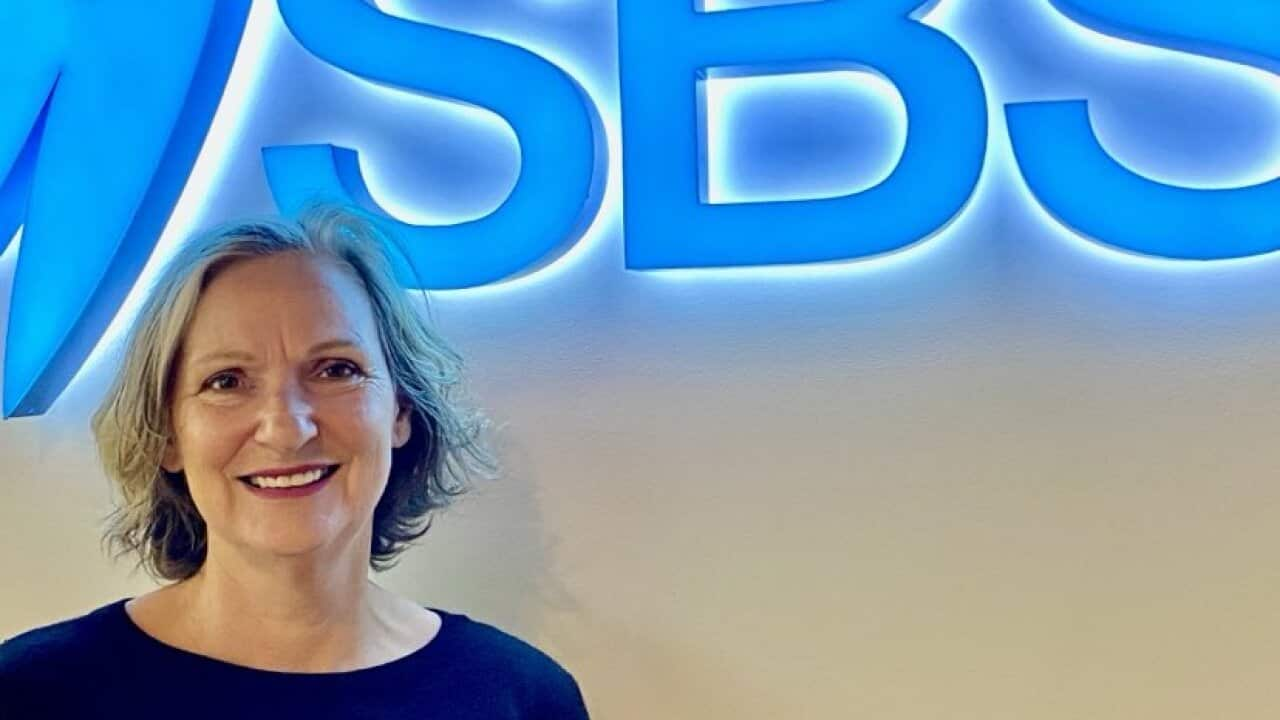A Greek Australian contemporary artist and lighting designer living and working in Melbourne, Katie Sfetkidis completed her Masters of Contemporary Art at the Victorian College of the Arts where she was the recipient of the National Gallery of Victoria Women’s Association Prize. She is also a vocal feminist and an independent candidate for Melbourne City Council by-election.
Tell us a few things about your Greek background
My Greek background comes from my grandparents. My father was born in Australia but my grandparents are from Northern Greece and from a small town near Florina. They actually came here quite early; my grandfather in 1936 and my grandmother after the Second World War. They've lived in Australia for a long time.
I guess I haven't had a lot to do with the Greek community but I definitely through my family have been involved, for instance, going to the Orthodox church, I had Greek friends in High School.
I went to Greece with my father in 2010 and where my family is coming from. We visited a few relatives there but it's a pretty small village and most people don't live there anymore, and some members of my extended family migrated to Canada.
You have a stunning carrier, and many of your art shows and your performances are dealing with politicians in a sarcastic and from a, if I may say, a devaluating perspective! Why do you want to involve yourself in politics and with politicians?
I have been making a lot of work around politics and particularly around women in politics. I guess there is a lack of women in politics. I did a lot of work last year looking at, sort of, archival material of women speaking in public. And as I was looking on these documents, I felt like there wasn't very much actually about women in politics.
That was really frustrating and I think that's part of the reason actually why I decided to run. And I wondered: What would it mean to have a woman who is an artist, who has a Greek surname that people find very difficult to pronounce quite often, to actually stand up in public and to being engaged.
On your candidate statement, you say that you are offering a feminist, inter-sectional viewpoint as a way to tackle issues of planning and sustainability. How are you planning to achieve that?
I think a lot of arts organisations have been really great at implementing structural change in the way that their organisations may hire people or may have a show that is inclusive of indigenous people or women or queer people or people that are not necessarily always included in a kind of institutional level.
So, I thought, why couldn't we do that for a Council? Is there is a way that we can open up who represents our City? I think it's a starting point. For me, it's about recognizing that women or queer people or Indigenous Australians have often been excluded and the best way to tackle that to have those people represent us.
This council has lots of planning committees around lots of different issues including development and heritage. Why instead of business people having those conversations why are we not inviting artists to be a part of that conversation? Or why are we not inviting indigenous people to speak about planning or speak about, not just about indigenous culture but actually other sorts of mechanisms that make up the City?

Greek Australian artist Katie Sfetkidis. Source: SBS Greek
What is missing from Melbourne’s arts and cultural life?
A really strong voice for culture and a really strong voice that isn't tied to the business.
There has been a lot of talking about the affordability in today’s Australia. And this is also in your political agenda. How will you fight this issue when the State and the Federal Government are struggling to face?
It comes back down to how you approach development. There are some simple ways that you could start looking at making sure that a larger percentage of new developments include affordable housing. However, I've noticed that lots of smaller arts organisations are moving out of the city because they can't afford to stay.
Maybe there's a way the council to support some of those smaller local businesses of the whole spectrum so that they can stay in in the city.
So do you believe that there should be a balance between the arts and business?
There should be a balance between local business and big business, between artists and business people. We all run our own small business most of the time as an artist and I think we just approach it in maybe in a different way or to be evaluated in less corporate styles.




